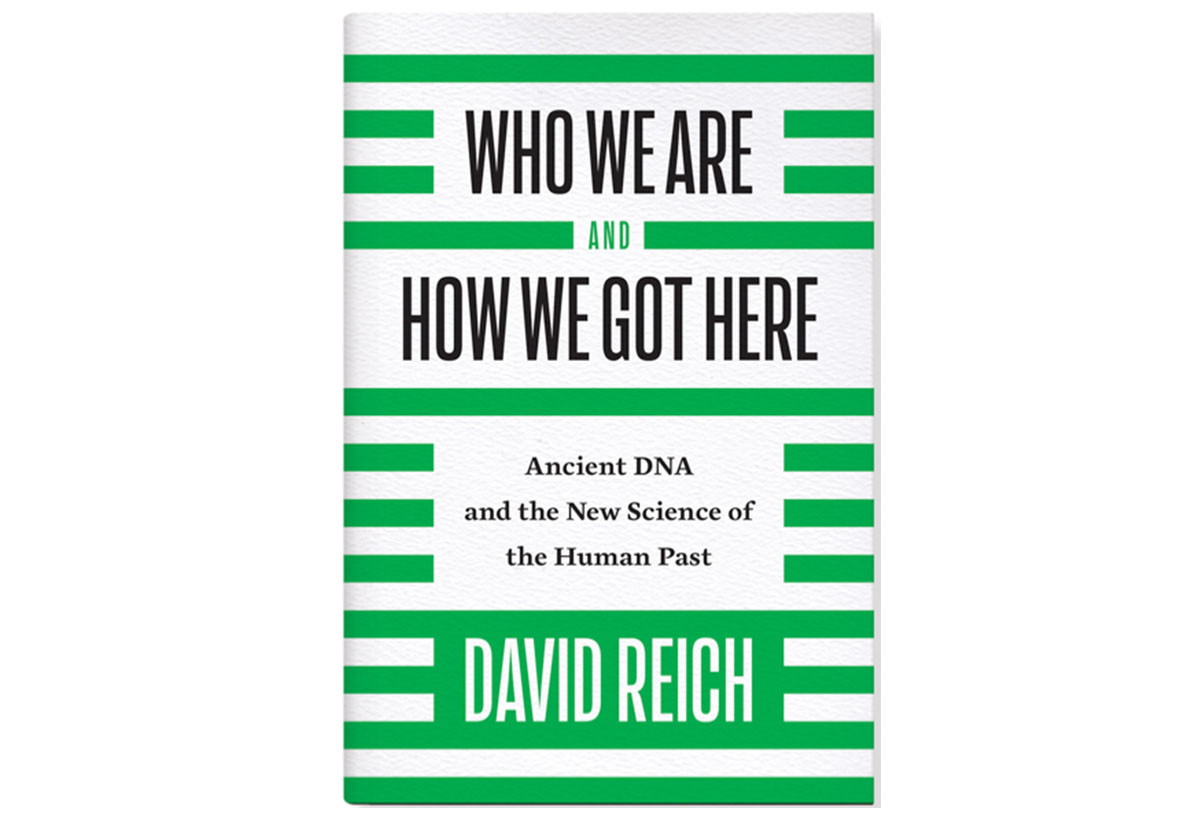
Inside a Ruger gun factory, from a Ruger “how it’s made” video
We’re starting to get data on who has been buying so many guns this year in America. Guess what. It’s not just old rural white guys. It’s women and African-Americans and liberals.
A news release on Aug. 24 from the National Shooting Sports Foundation says: “NSSF surveys revealed that 58 percent of firearm purchases were among African American men and women, the largest increase of any demographic group. Women comprised 40 percent of first-time gun purchasers. Retailers noted that they are seeing a 95 percent increase in firearm sales and a 139 percent increase in ammunition sales over the same period in 2019.” Also this month, Outdoor Wire reported on a survey of new gun owners and why they bought guns this year.
The white guys for whom the Second Amendment is the only part of the American Constitution that matters must have thought that they had a patent and a monopoply on owning guns. After all, liberals (or so they thought) not only won’t touch guns, they want to take them all away. And it seems not to have occurred to those white guys that, if they want to refight the Civil War or go around waving their guns at people, then African-Americans have the same rights as everyone else to own guns, to learn to use them, to acquire concealed carry permits, and even to acquire semi-automatic rifles such as the AR-15’s that the militias have.
Yes, this is crazy. Let me hasten to say that I don’t want to live in an America in which both sides of the culture war are armed to the teeth, while the occupant of the White House and the Republican Party try to incite division and conflict. But even less do I want to live in an America in which only one side of the culture war is defenseless while the other side starts showing up in caravans of armed militia men, enraged by Republican propaganda, and where the police take sides.
After Barack Obama was elected president, gun sales in the U.S. went way up, because the right wing wanted to raise a bunch of money and stir up rage by telling people that Democrats would take away their guns. After Trump was installed in the White House, gun sales at first went down, because gun lovers felt safe. But that began to turn around as the situation darkened and as those who oppose Trump began to rethink things.
First came the Socialist Rifle Assocation, in October 2018. This group states its purpose as: “[T]o provide an alternate to the mainstream, toxic, right-wing, and non-inclusive gun culture that has dominated the firearms community for decades. We seek to provide a safe, inclusive, and left-leaning platform for talking about gun rights and self defense, free from racist and reactionary prejudices, while providing a platform for the working class to obtain the skills necessary for all aspects of community defense.”
A Reddit group for liberal gun owners seems to have been around since 2012. But its membership has surged under Trump. This group says about itself: “Gun-ownership through a liberal lens. This is a place for liberal gun-owners who want to discuss gun ownership absent the ‘noise’ of most right-leaning pro-gun forums. ‘Liberal’ here is ‘left-of-center,’ in U.S. political terms. Liberal/Leftist/Progressive. This is a place for those who would identify as Democrats, Progressives, Socialists, etc. That does not mean ‘classical liberal’ or libertarians.”
As much as we might wish for an America that is not armed to the teeth, it is not irrational for those who are despised by armed right-wing Americans to start acquiring their own guns. Though I had owned a pistol for ten years that mostly sat in a drawer, I too started rethinking things after Trump. I did a lot of shooting practice, and last year I got a concealed carry permit. I also bought (gasp) a semi-automatic rifle, and I know how to shoot that gun, too. As I see the political situation in which we now find ourselves, the American oligarchy, represented by the likes of Trump and inspired by the likes of Putin, has found its brownshirts. If some Americans seek to intimidate other Americans with guns, it probably was inevitable that those who are being intimidated will start working to level the playing field.
Still, I had a lot of concerns about the ethics involved, not to mention joining in what feels like cultural regression and a dangerous symptom of the erosion of American civic life. But, as I tried to think it through, I came across an article from the journal Philosophy and Public Affairs. The article is written in the usual dense language of philosophy, but I got the gist of it: It would be better if no one owned guns. But, if some people own guns, then others are justified in also owning guns, lest they become subject to domination and control. I concur with that argument. And, speaking only for myself, I don’t tolerate intimidation well.
Incidentally, during this election, I will be working with the voter protection project organized by the Biden campaign and the Democratic Party in my state. Here in my county, we have a history of voter intimidation of Democrats by Republicans outside the voting places. I’m afraid that is likely to be worse this year.

I took this photo in a recent election in the county where I live, outside a voting place. The truck belongs to a militia. That’s the Christian flag on the back.






